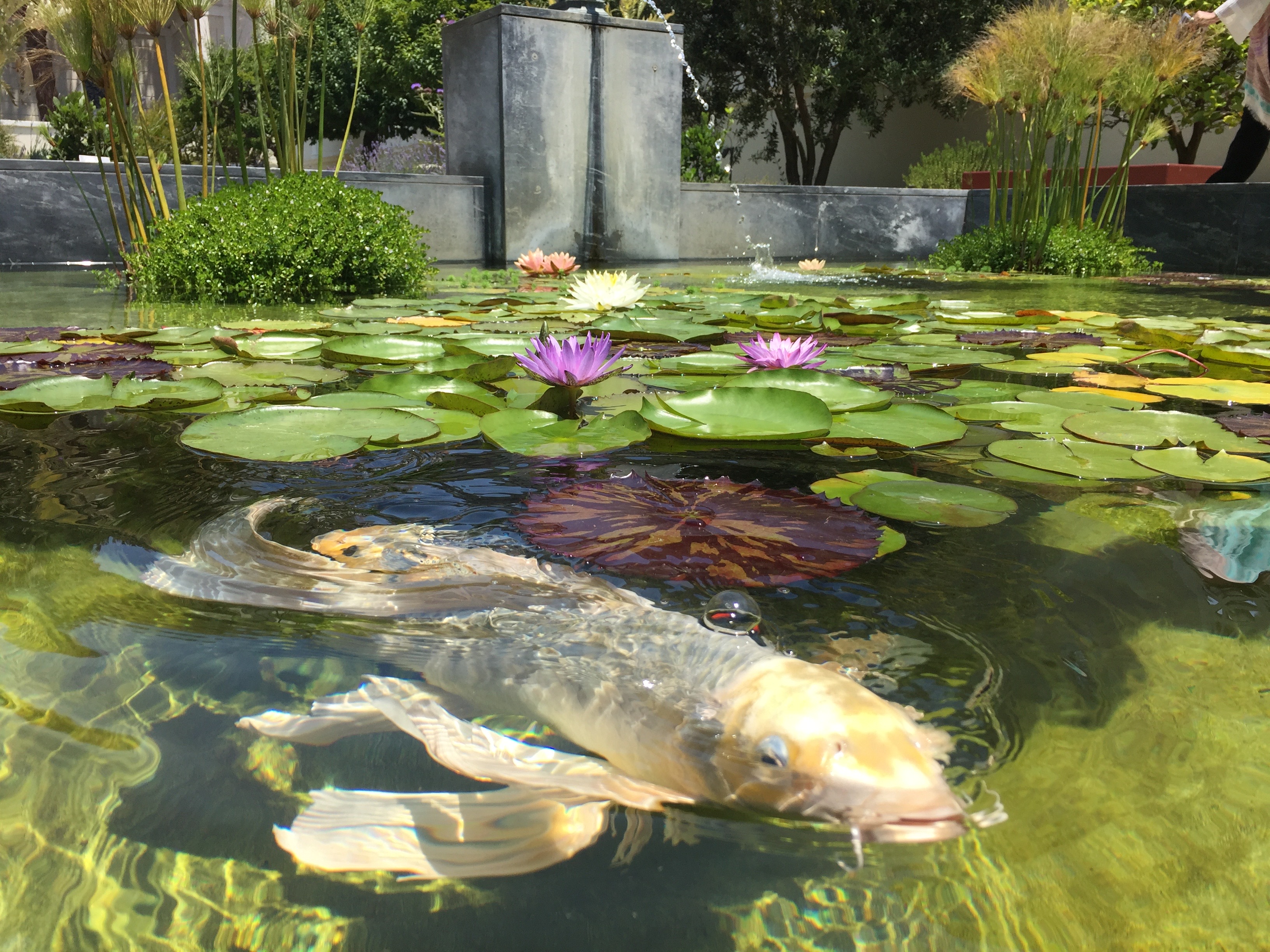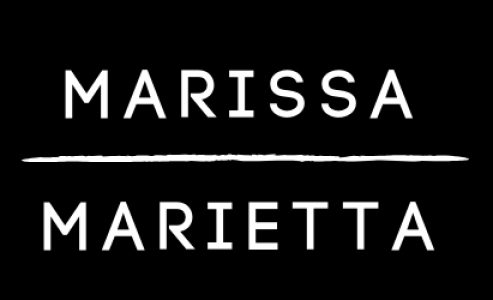Sustainability is a buzz word you’ve definitely heard at some point or another. It’s become a hot topic in various news and media outlets due to the fact that Earth’s climate is undeniably changing due to human’s consumption of resources.

Sustainable development, as defined by the Brundtland Commission, is development that meets the needs of the present without compromising the ability of future generations to meet their own needs. Our environment needs to remain balanced. There is only a limited amount of raw resources on the Earth and we need to preserve them. We MUST use them responsibly if this planet is going to be habitable for future generations. Technological development and institutional change should be focused on using the resources we have to create a better future, sustainable for all living creatures. Everything has to work in harmony to create a viable way of life for all life on Earth.

Being sustainable can mean many things and there are many different layers to it. Some people consider being sustainable as creating a zero-waste lifestyle or buying less plastic, some consider lowering their carbon emissions through energy use or lowering their meat and dairy intake to be sustainable.
- Zero-waste lifestyles, or an effort to create less landfill waste, are bringing attention to the unnecessary waste that developed countries create. Packaging has made everything more convenient, but that convenience comes at a cost. Not to us, but to the planet. A zero-waste lifestyle aims to boycott the use and consumption of excess resources, most specifically plastics.
- Plastic is a manmade material made from oil, and it has polluted our planet. It is recyclable in most forms but can be expensive to recycle. China stopped accepting the other countries’ trash, leaving countries to figure out their own way to recycle their plastic. Many cities mark curbside recycling bins as ‘contaminated’ and then they send everything in the bin to the landfill instead of properly recycling it as they claim they do.
- Energy is used in our lives every day, powering our homes, providing our daily commute, even in the food we eat. Every part of life requires energy in one form or another. Many forms of energy are not sustainable though. Coal and oil are detrimental to the planet. Renewable energy is becoming more popular and has been proven to be more cost effective in the long run, but has more upfront costs, turning away many customers.
- Meat & Dairy production creates the most toxic of the greenhouse gases: methane. Cows eat a lot of grass, which makes them a lil’ bit gassy, so they burp and fart this toxic gas. By buying and consuming less meat and dairy products, consumers can drive down the demand which will lower production which will lead to less methane emissions. (The ethical implications of raising meat and dairy are just as horrifying as the numbers of methane output from these industries, but that’s a conversation for a different time.)

The three pillars of sustainable development are economic development, environmental protection, social development, also known as profit, planet and people. This means that, in order for something to be considered sustainable, that product has to better the economy, better the environment, and better the social conditions of the people affected by the creation of said thing. There are not a lot of companies that focus on this currently, but the numbers of sustainable and ethical companies are definitely on the rise.

We need to think about what happens when we are done with the goods we have purchased and consumed. Waste management has developed enough in most places where we don’t ever see the trash again once it is in our trash can. But landfills are filling up at alarming rates, creating hazardous levels of methane and carbon dioxide. We, as consumers need to be responsible for our waste. We are sharing this space with other species, and it is wrong to put their wellbeing at risk so we can be selfish and take advantage of our situation.
We must change the way we think. We need to have a more comprehensive understanding of what we do and how our decisions impact the environment around us, as well as globally.
Remember: You, as a consumer, have the buying power to push companies to make changes in consumer markets. If you demand sustainable products, companies will change their production methods.

